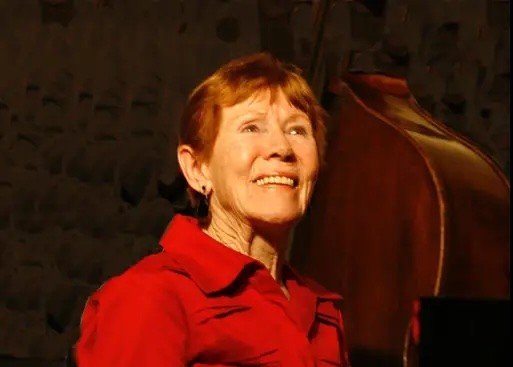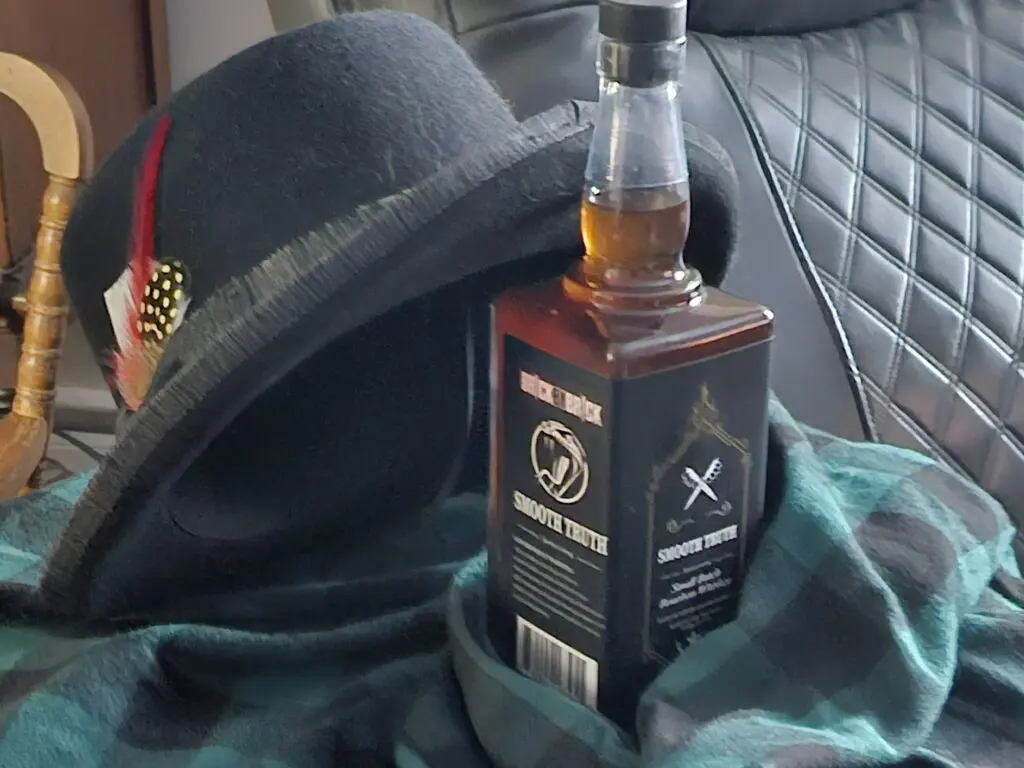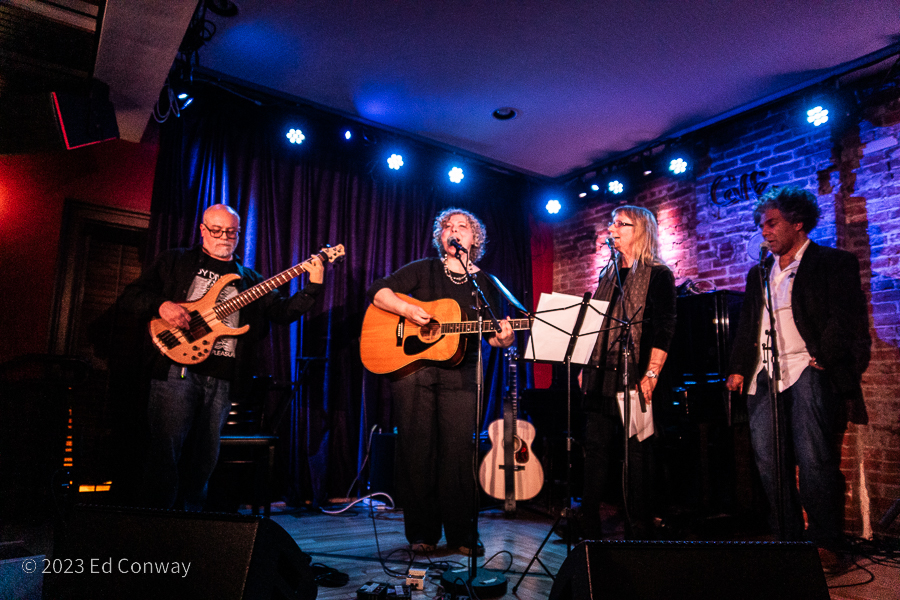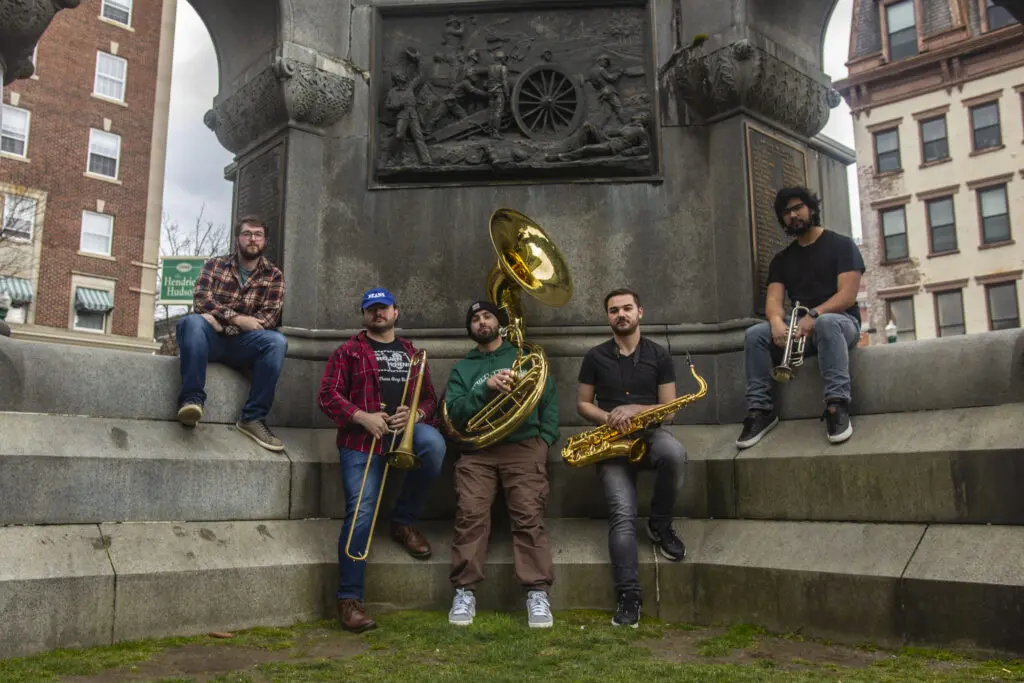Come Back to the Hop – An Xperience Column
By Staff on May 8, 2024
Come Back to the Hop – An Xperience Column – by Johnny Mystery.
Hypocrisy is prevalent in every generation of every civilization. A cult of personality is built up to the point of gods and goddesses who are appeased with the fatted calf of adulation by the unwashed, the starry-eyed, and the humble. Whether these appointed idols were built up by chance or on purpose, they can be played by some to simply entertain the masses, influence an entire culture, or become a scapegoat. Whoever we choose to build up though, is always disposable.
It continues today and it’s not clear if it’s for good or bad. Nobody is sure who’s behind it. It’s the proverbial mystery, wrapped in a riddle, inside an enigma. Who said,” You can’t have good without evil”? Dammit, it’s true. You don’t need to be a conspiracy nut to see what’s going on. Trend mongers are now internet influencers. The whole population has become the media. But when the masses truly use their voices, the inmates end up running the asylum. Just look around you. By the time this comes to press, it may be more evident. Somebody somewhere with some power wants to divert your attention or even change the culture coming at you, just to suit their needs. Too bad you’re not in the “somebody” club, but don’t feel so bad. Most of us aren’t and never will be.
There are so many reasons to honor the music that we love. Enter, Alan Freed. Most likely without knowing, he helped unite the cultures, but not without breaking a few rules. Freed began his career as a DJ on U.S. Armed Forces Radio. After World War II, he took jobs at several Midwest radio stations, eventually ending up at WJW in Cleveland, Ohio. Over the years, he began to see the potential in the R&B music being played on low-signal late-night stations throughout the country. Many of the kids who were not into their parents’ music were seeking out R&B and digging it. WJW was a high-powered station in a major market, and Freed somehow convinced the management to play songs like “Rocket 88” and “Sixty Minute Man” right alongside the then-current offerings of adult artists like Perry Como, the Andrews Sisters, and everybody else the teens were not interested in. The result was pretty impressive, as the listenership crept up in WJW’s local ratings, which the industry still lives and dies by today. This new format was about to tap into the new teen market’s disposable income.
Freed started organizing his own concerts, including the “Moondog Coronation Ball,” and brought the artists in live. These shows became wildly popular and the mixed crowds’ enthusiasm during the performances were often mistaken for riots. As a result, Alan’s show got more popular, and his time on the air was extended. The concerts continued and these shows are considered to be the very first major rock performances.
By the time he got to WINS in New York City, in 1954, the red flags on Alan Freed went up. Post-World War II America was not ready for this as far as the parents were concerned. “Mr. and Mrs. Apple Pie USA” were aghast with the “duck walking” Chuck Berry and the lewd gyrations of artists like Little Richard, ranting and screaming Tutti Fruity. “A-WOMP -BOMP-A-LOU-BOMP-A-WAM-BAM-BOOM” … what the hell did it mean anyway??? Was it commie code??? Was it a message from Mars??? The old folks lacked the ways and means to figure it out, but they just knew it had to be about sex! It probably was, but that’s beside the point. Point being, this rock ‘n’ roll has gotta stop!
As the late ‘50s rolled around, Freed was enjoying the trappings of a successful rock ‘n’ roll impresario. He regularly promoted rock revues called “The Alan Freed Rock N Roll Dance Party” to venues in Brooklyn and elsewhere. He had a national weekly television show on ABC called “The Big Beat” in 1957. It was during one of his shows in Boston that his fortunes started to go downhill. After an overly enthusiastic crowd prompted the theater managers to close the program down, Freed got on the mike and told the crowd that it seemed the Boston Police Department had decided to not let them have a good time. This prompted the audience to riot, and he was arrested. This, in turn, resulted in his termination from WINS.
Soon Freed was charged with receiving payola, which was the practice of taking money for giving airplay to certain records. Companies would slip a few C-notes (as well as some other goodies) in the sleeve of their records and got them played—a lot! This made sense because when Alan played a song enough, it would become a hit. Payola was controversial at the time. Freed at first denied, but eventually admitted to the practice. Payola became illegal by 1960, and Freed was found guilty of receiving one payment of $300. Other radio and TV personalities such as Dick Clark were questioned but never brought up on charges.
For bringing rock ‘n’ roll to the masses and helping unite the cultures, Alan Freed was fired from broadcasting and ended up drinking himself to death by 1965 at the age of 43. The moral of this story is not moral at all you see. Even with the best intentions, you should never upset your sponsors. The righteous will always rise to save us from ourselves, even if we don’t ask.
So beware, good-doers everywhere. Your deeds will never go unpunished, but you could end up in the Hall of Fame. That seems to make everything all right though. And for crying out loud, don’t leave without a souvenir.





 RadioRadioX
RadioRadioX